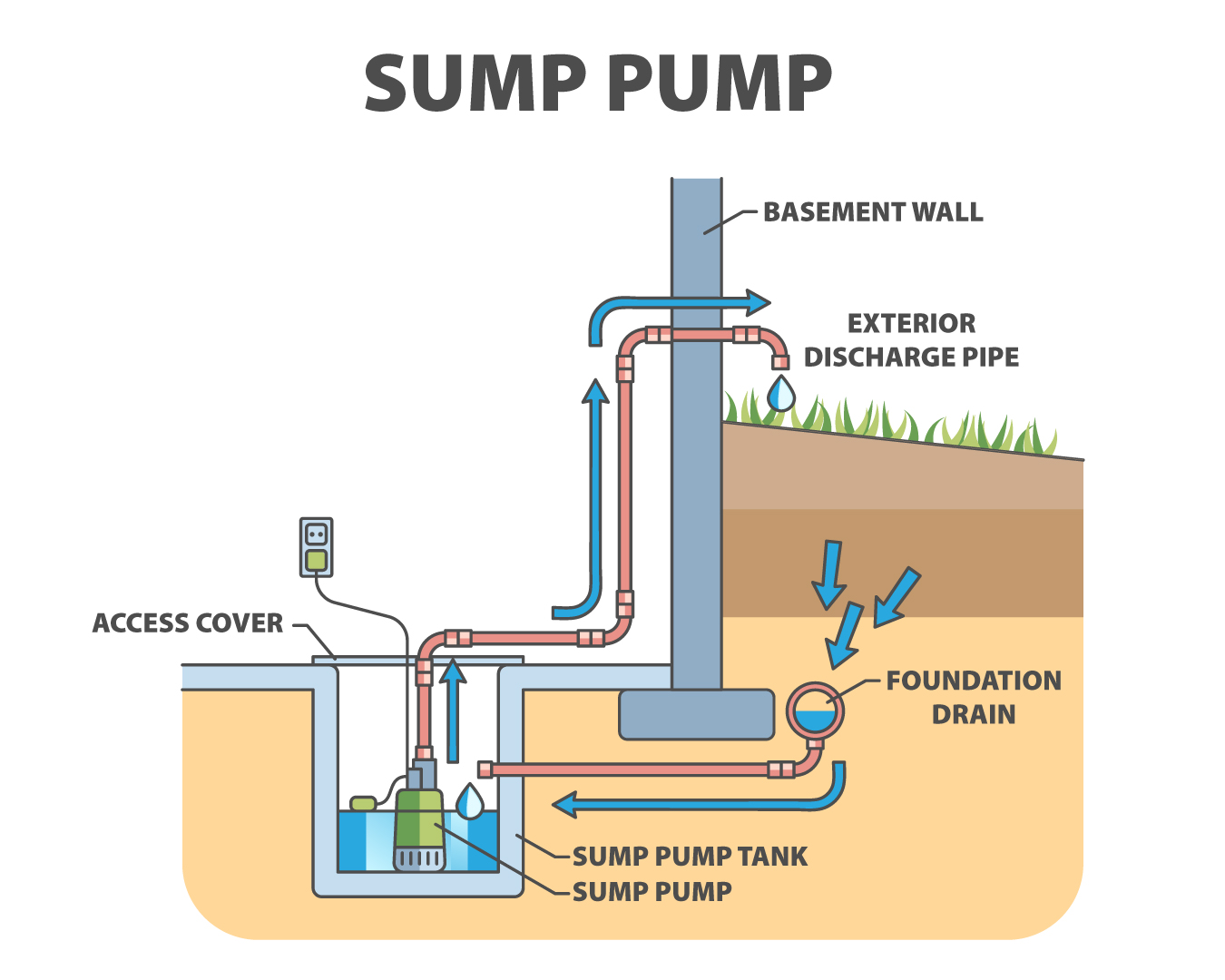Recognizing the Trick Elements of Effective Water Filtration Equipments

Importance of Water Purification Systems
Water filtration systems play a critical duty in making sure access to clean and secure alcohol consumption water by successfully eliminating contaminants and impurities. These systems are essential in attending to the growing issues over water quality and the prospective wellness risks connected with eating polluted water. By utilizing various filtering systems such as reverse osmosis, activated carbon, and UV sterilization, water purification systems can efficiently remove dangerous substances like microorganisms, infections, heavy steels, and chemicals from the supply of water.
Moreover, water filtration systems help to boost the taste and odor of water by removing chlorine, debris, and other contaminants that can impact its quality. Pump repairs & installation. This enhancement in water quality not only makes it more tasty however additionally motivates people to drink a sufficient quantity of water daily, advertising better hydration and general wellness
Types of Purification Elements

Physical filters are designed to literally stress out impurities from the water. These filters can be made of products like ceramic, carbon, or perhaps sand, and they function by trapping particles larger than the filter's pores as water goes through.
Chemical filters use numerous chemical processes to get rid of impurities from the water. Examples consist of turned on carbon filters, which adsorb impurities, and reverse osmosis membranes, which utilize stress to different pollutants from the water.
Biological filters use living microorganisms like microorganisms or algae to damage down raw material and toxins in the water. These filters are frequently utilized in wastewater treatment plants or natural water purification systems.
Understanding the different types of filtration components is crucial for selecting the most ideal water purification system for details filtration demands.
Feature of Debris Filters
Sediment filters play visit our website a vital function in water filtration systems by successfully catching strong fragments put on hold in the water. These filters are generally the very first line of protection in a purification system, removing larger fragments such as sand, silt, dust, and rust prior to the water relocates with finer filtering phases. By capturing these sediments, the filters prevent them from reaching downstream components, hence prolonging the lifespan and efficiency of the entire system.
Neglecting this maintenance can lead to obstructing, decreased water circulation, and compromised filtering performance. In general, debris filters are important parts that contribute considerably to the performance of water filtration systems.
Role of Triggered Carbon Filters
Playing an essential function in water purification systems, activated carbon filters contribute in getting rid of impurities and impurities from the supply of water. These filters are created to adsorb and catch a large range of toxins, consisting of chlorine, volatile organic compounds (VOCs), pesticides, and herbicides. The triggered carbon product has a huge surface, permitting the effective capturing of impurities through a process called adsorption. As water goes through the filter, the triggered carbon holds my explanation and draws in onto the contaminations, making certain that the water that comes out on the other side is cleaner and safer for consumption.
Activated carbon filters are highly effective at improving the preference and smell of water by decreasing chemicals that can affect its quality. They are also with the ability of getting rid of specific heavy metals like lead and mercury. In addition, these filters can aid stop the build-up of microorganisms and algae in water, additional improving its overall top quality. As a result of their adaptability and reliability, turned on carbon filters are a vital element in guaranteeing that water is purified to the highest possible requirements before reaching customers.
Understanding Reverse Osmosis Solutions
Reverse osmosis systems are sophisticated water filtration systems that utilize a sophisticated procedure to get rid of pollutants and contaminations from drinking water. These systems function by applying pressure to the water, compeling it via a semi-permeable membrane layer. This membrane layer serves as an obstacle, permitting only pure water particles to travel through, while obstructing larger molecules such as minerals, chemicals, and various other impurities. Because of this, the water that comes out beyond is considerably cleaner and much safer for consumption.
One key advantage of reverse osmosis systems is their capacity to eliminate a vast array of contaminants, consisting of heavy steels, liquified bacteria, solids, and infections. This makes them highly reliable in enhancing the general high quality and safety and security of alcohol consumption water. Additionally, reverse osmosis systems are relatively low-maintenance and can be installed under the sink or in a central filtration system, providing hassle-free accessibility to clean water throughout the household. Overall, comprehending how reverse osmosis systems work can assist people make educated choices concerning their water purification requirements.
Conclusion
In verdict, efficient water filtration systems are critical for making sure clean and secure drinking water. By recognizing the function and duty of each element, people can make educated choices when selecting a water purification system.
Water filtration systems play a crucial function in ensuring access to clean and secure alcohol consumption water by efficiently getting rid of pollutants and contaminations. By making use of various filtering devices such as reverse osmosis, turned on carbon, and UV sterilization, water filtering systems can successfully eliminate dangerous materials like bacteria, viruses, hefty steels, and chemicals from the water supply.
Sediment filters play an important duty in water purification systems by efficiently catching strong fragments put on hold in the water (Pump repairs & installation).Playing an important duty in water purification systems, activated carbon filters are important in eliminating contaminations and impurities from the water supply.Reverse osmosis Water Filtration Systems systems are innovative water filtration systems that employ an advanced procedure to eliminate impurities and contaminations from alcohol consumption water